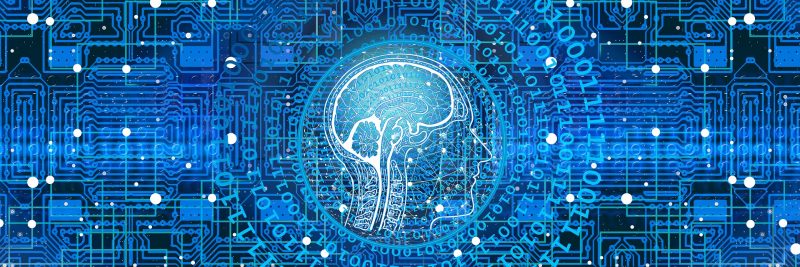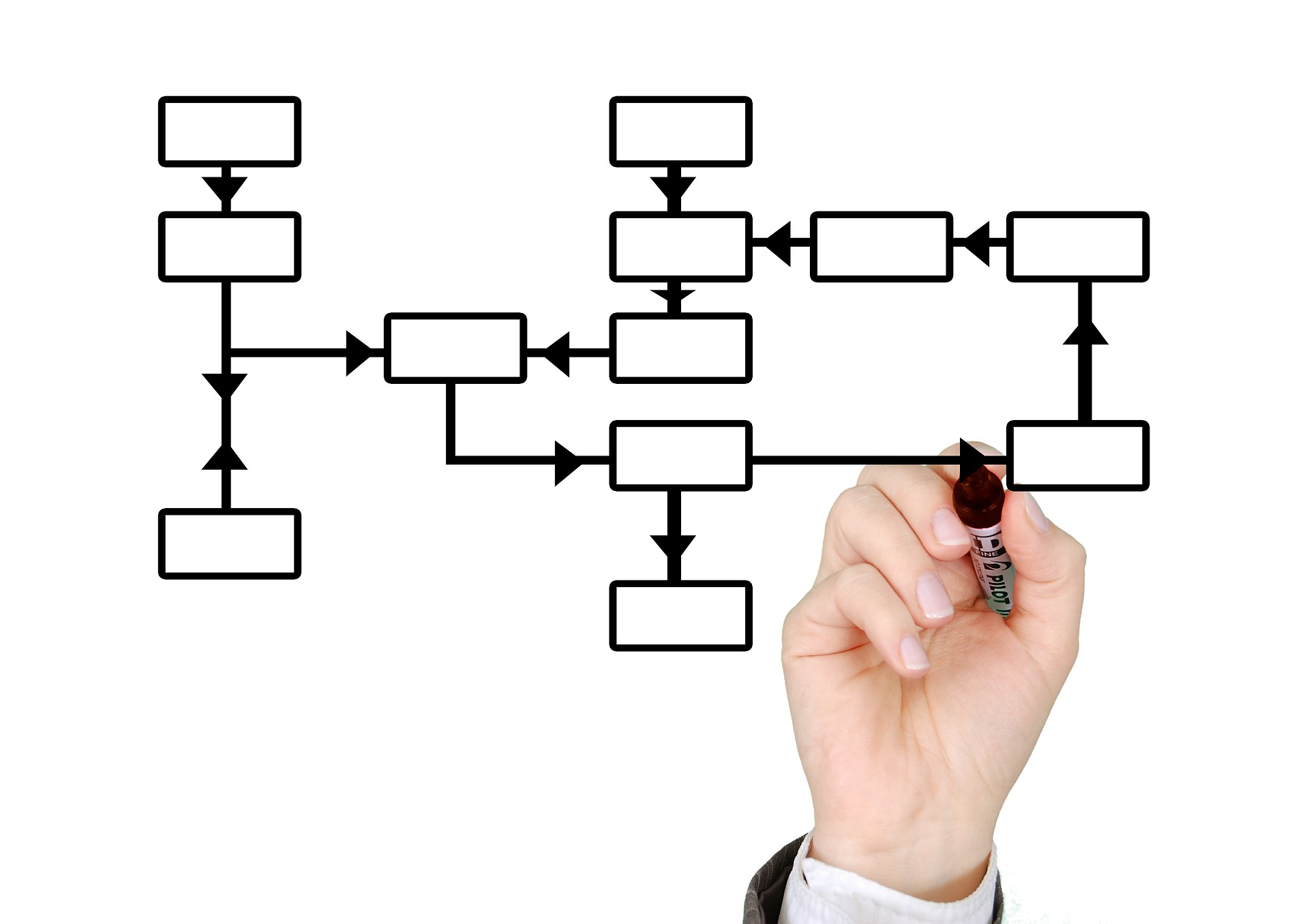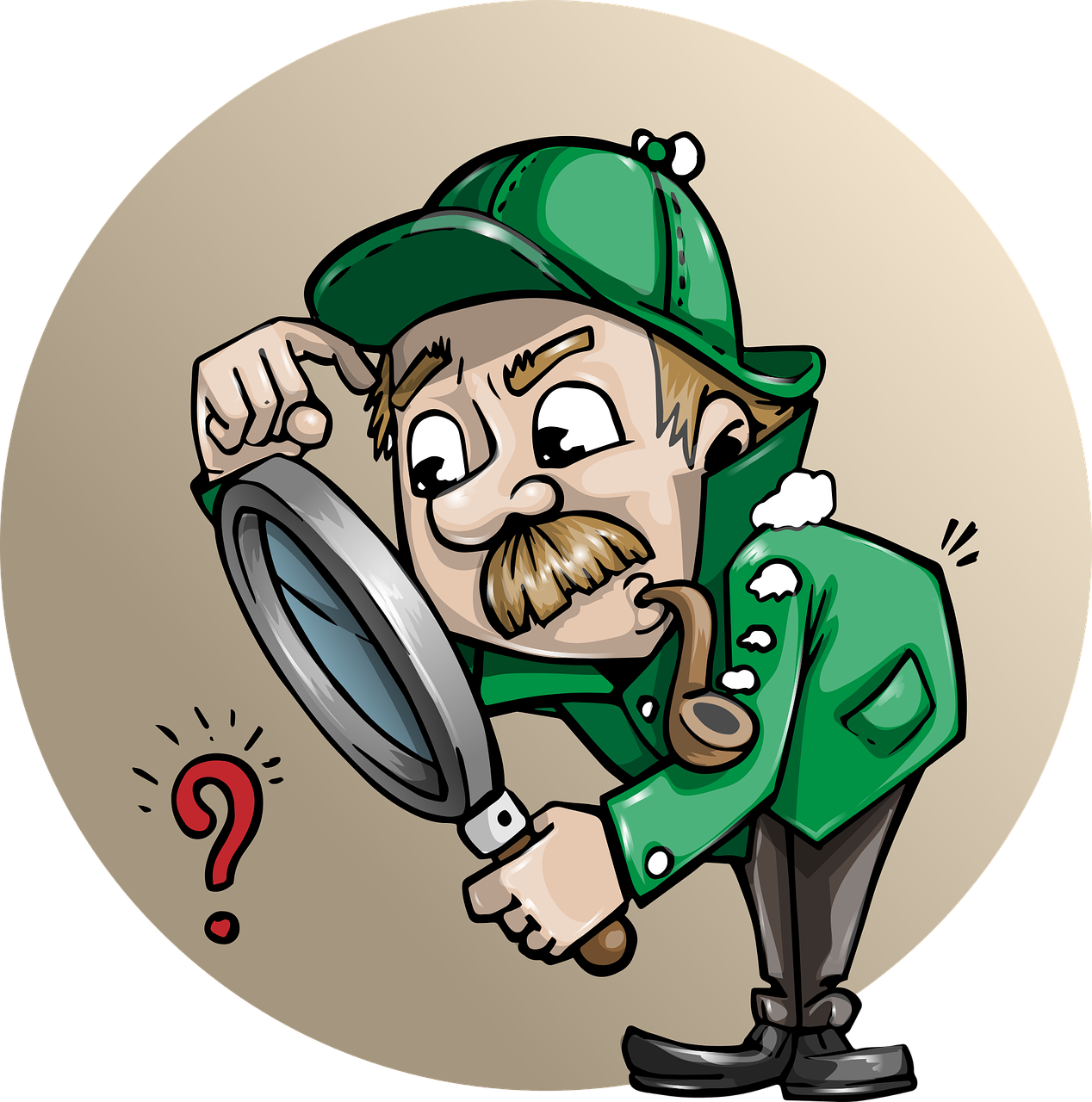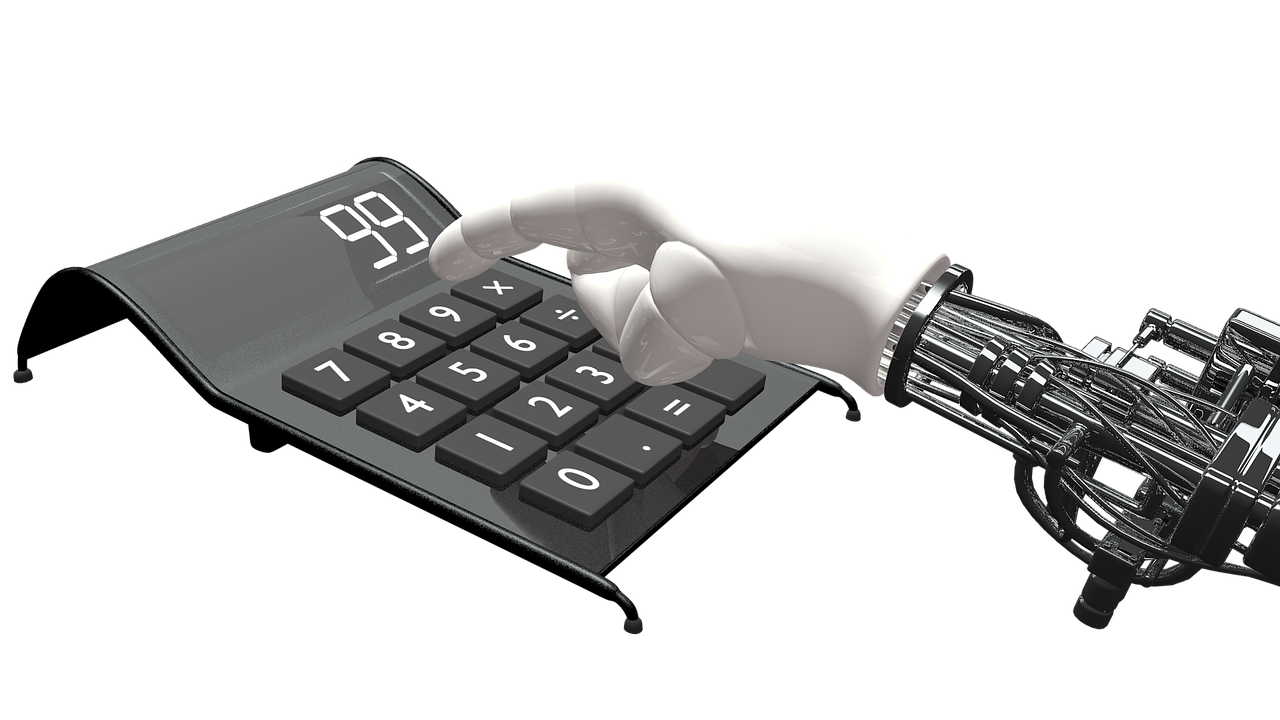
Is the AI going to replace me someday?
The rapid advancement of the Artificial Intelligence (AI) and computer science field have led some experts to predict that in the not so distant future (or maybe it’s already happening), several jobs, professions, or functions could be replaced by AI. The predictions also tend to never forget to mention the health-related professions as some which could be the “victim” of this 4.0 revolution in the healthcare industry, I could be included.
Of course, one of the reasons that brought me to study health informatics at Karolinska Institutet is how the implementation of a health information system could be beneficial for improving the quality of care and patient safety. However, it also leads to some insight on the possibility to leave the computer to do the thinking part, as it thinks faster and less prone to error. On the other side, some would argue the reliability and ethical aspects. Will it be able to make a correct clinical judgment? Who will bear the responsibility of the action based on “machine’s” conclusion?
Before you (and me) get more anxious about this topic, let’s take a look at how AI is reshaping my profession.
1. AI supports me to decide better
One of the major uses of AI in healthcare is as the decision support system. The system is fed with sets of rules and algorithms so that it can use to produce recommendations that will help (or support) the decision maker to take better decision based on certain conditions. Like the saying, two heads are better than one. In the complex situation, such as a patient with multiple health conditions in which sometimes an action for treating one condition could affect the other conditions, then having another head (in this case, the computer’s head) will help me to decide better.

2. AI enables me to work more efficiently
The workflow in healthcare delivery is not entirely free of redundancy, especially in the documentation part. AI could help recognize this redundant process and perform similar action as before. That means, as a healthcare practitioner, I could have less screen time and more time for interaction with the patient.
3. AI helps me to know my patient deeper
If there are two patients with the same demographic characteristics suffered from the same disease, the treatment would always be the same. True or False? Yes, you’re right, the answer is False. The term, personalized medicine, has been around quite some years due to the fact that every human being is unique thus the treatment should be individually based. AI could recognize special trait or pattern on a patient’s data which could be valuable for treatment.

The advantages offered by AI implementation in healthcare are much more than what I have written above. However, personally I don’t see myself or any other healthcare practitioner would be replaced by AI, but rather be empowered and enhanced by the many support features brought by the development of AI. So, let’s embrace it with optimism.
What is your thought on the use of AI in healthcare? Do you think healthcare workers will someday be replaced by the AI? Write down your opinions in the comment section below.
Part of this blog is inspired by the Seminar “The Future of Healthcare” organized by Business Committee of Medicinska Föreningen on April 25th, 2019.
Contact me at:
LinkedIn: Winner Ng
email: winner.ng@stud.ki.se
-
Thank you for highlighting especially the positive side of AI in healthcare. I also think there will be more benefits than negatives with the increase of AI in healthcare systems. Inasmuch as AI will not replace healthcare workers, it will certainly take away a large percentage of tasks from human hands. This calls for some healthcare workers whose tasks may be repetitive to continuously evolve and to acquire skills in other areas of specialty that need the human touch.


0 comments